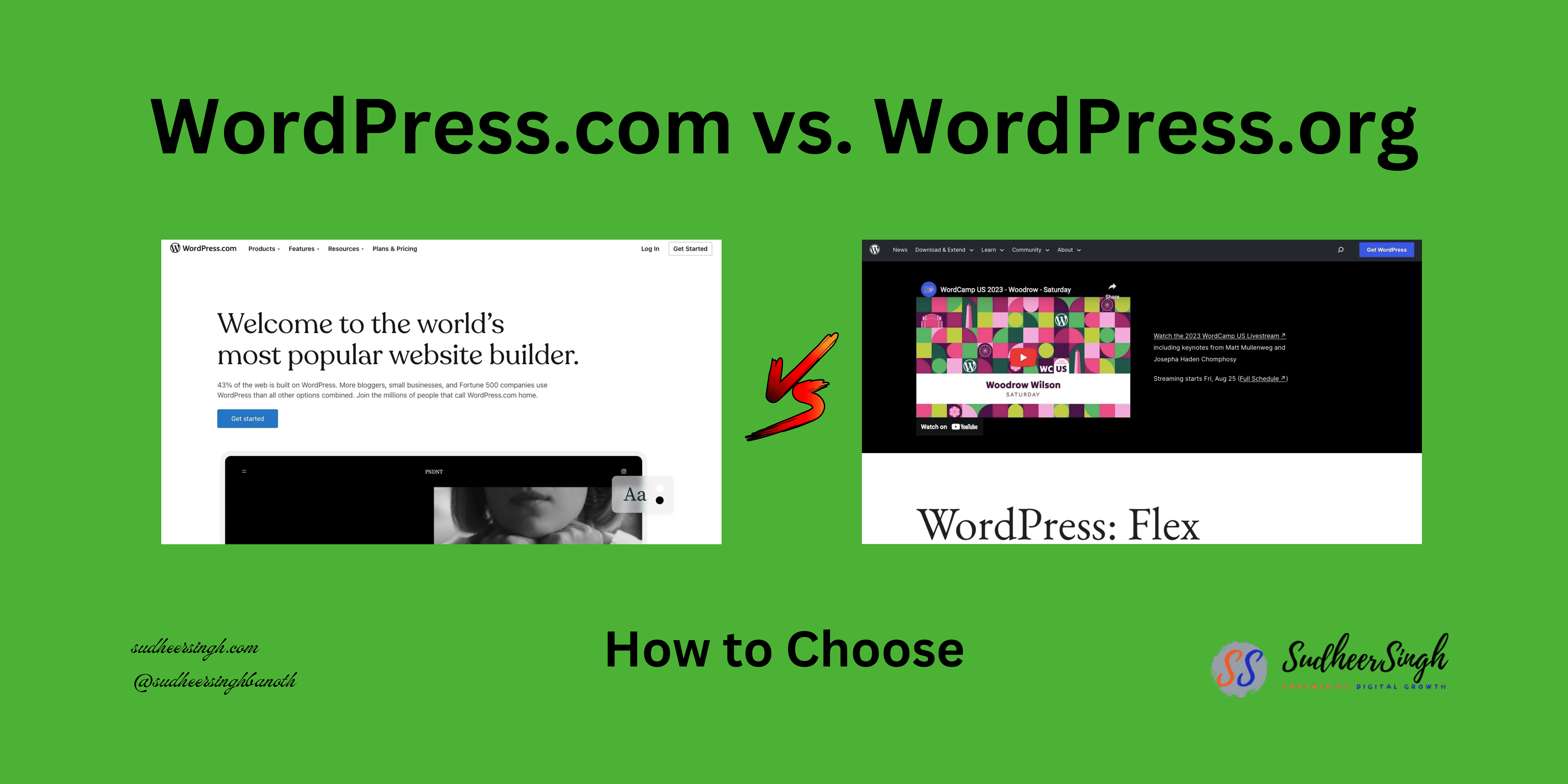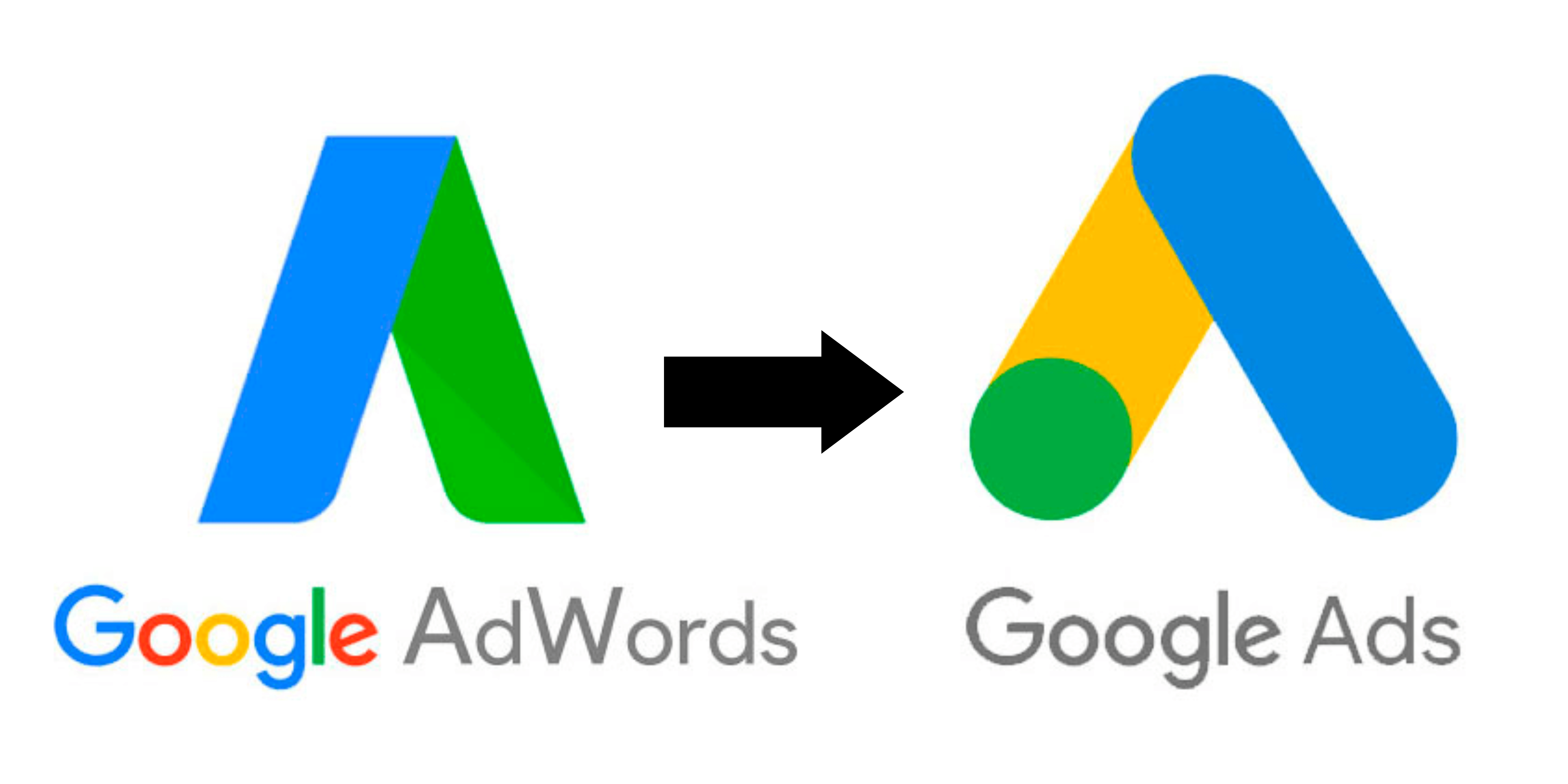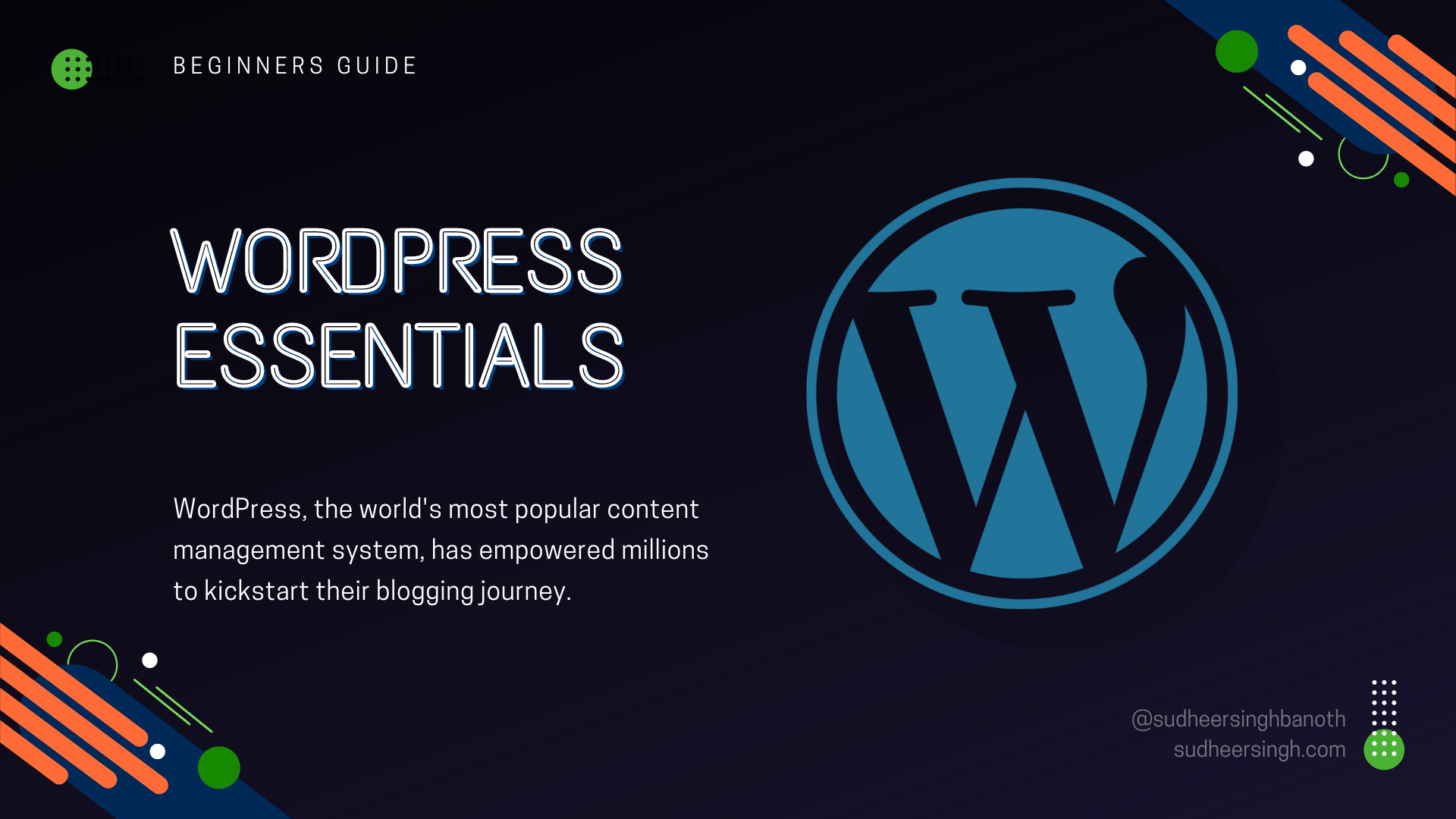WordPress.com vs. WordPress.org

The world of WordPress can be a bit confusing for those just starting out. One of the most common dilemmas faced by beginners is choosing between WordPress.com and WordPress.org. At first glance, they may seem the same, but there are crucial differences that can significantly impact your website-building experience. This article will guide you through the distinct features of both platforms, helping you make an informed decision.
What is WordPress?
Before diving into the differences, it’s essential to understand what WordPress is. WordPress is an open-source content management system (CMS) that allows users to create and manage websites without requiring advanced coding knowledge.
WordPress.com:
WordPress.com is a hosted service, which means you build and manage your website on the platform provided by Automattic, the same company behind WordPress. Think of it as an all-in-one solution where the hosting and essential features are included in the package.
WordPress.org:
On the other hand, WordPress.org refers to the self-hosted version. Here, you’re provided with the WordPress software, but it’s up to you to find a hosting provider and set everything up.
Key Differences:
1. Hosting:
WordPress.com: Hosting is included, and you don’t need to worry about the technical side of maintaining a server.
WordPress.org: You’re responsible for hosting. This means you can choose any hosting provider you want, but it also means you’re in charge of site backups, security, and performance.
2. Customization:
WordPress.com: Customization is limited to the available themes and plugins on the platform. Premium plans offer more flexibility.
WordPress.org: Sky’s the limit! You can use any theme, modify it, and install any of the thousands of plugins available. This allows for greater individuality and functionality.
3. Monetization:
WordPress.com: On free plans, WordPress.com places their ads on your site. To monetize your site with your own ads, you need a Premium or higher plan.
WordPress.org: Complete freedom to monetize your site any way you want, be it through ads, affiliate marketing, or e-commerce.
4. Pricing:
WordPress.com: It offers a free basic plan with optional paid plans for added features.
WordPress.org: While the software is free, you’ll have costs associated with hosting, domain registration, themes, and plugins.
5. Maintenance:
WordPress.com: Automatic updates and backups are handled for you.
WordPress.org: You’re responsible for updates, backups, and ensuring site security.
6. Domain Name:
WordPress.com: Your website URL will look like “yoursite.wordpress.com” on the free plan. Custom domains are available with paid plans.
WordPress.org: You can use a fully custom domain name without any additional branding.
Which One is Right for You?
Beginners & Bloggers: If you’re just starting out or want a personal blog without much fuss, WordPress.com might be the best option. It’s straightforward and doesn’t require any technical know-how.
Business Owners & Professionals: If you’re looking to create a brand, e-commerce site, or a feature-rich platform, WordPress.org offers the flexibility and scalability you need.
Final Thoughts:
Both WordPress.com and WordPress.org have their strengths. The best platform for you depends on your individual needs, technical expertise, and future plans. Remember, it’s not just about starting a website; it’s about choosing a platform that will grow with you in the long run. By understanding the differences highlighted in this guide, you’re now better equipped to make the right choice.



